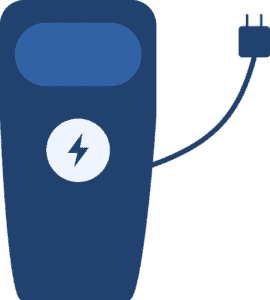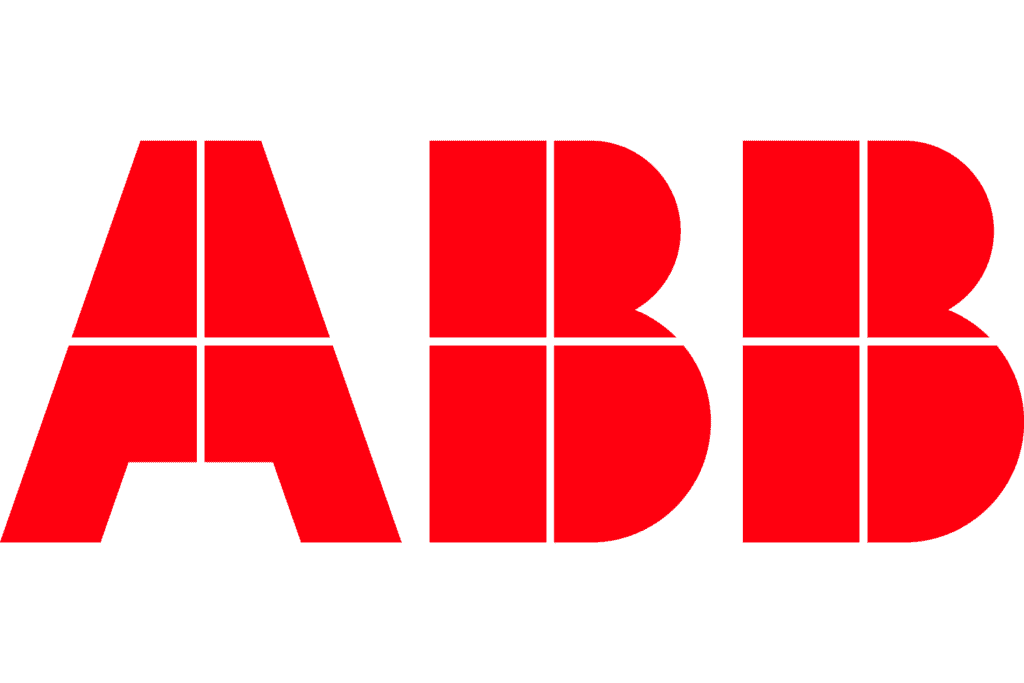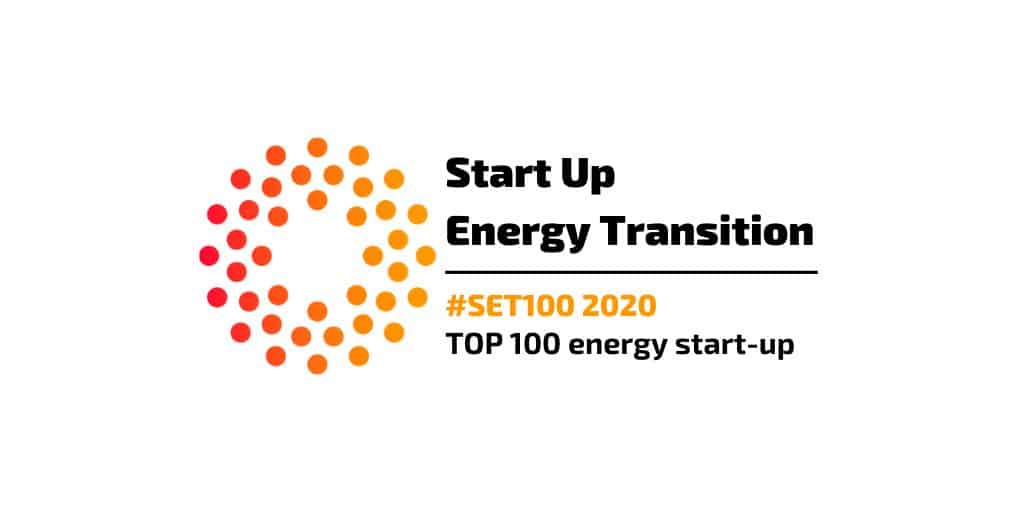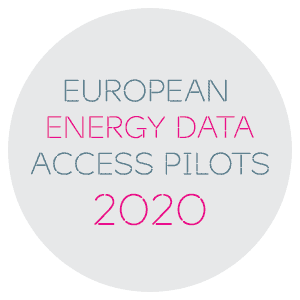30.08.2022

Fleet Managers Versus the Problem of “Plug Allergy”
Fleet managers have been transitioning their fleet of passenger vehicles to EV at an accelerated rate since 2020. Such a transition, like any transition, is not yet a plug & play story. It is often a bit of a quest to find the right partners, study the new ecosystem, get used a new modus operandi and so forth. But once the setup is complete, some early adopters encounter new and unexpected issues. We’ll discuss some of them in this series of articles dedicated to EV fleet management. We recently addressed the topic of charging fraud. Next is the phenomenon called “plug allergy”.
Plug allergy is the observation of fleet managers that employees often don’t charge their car at home, but at a public fast charger nearby. Or at least, that employees tend to charge much less at home than what general charging statistics are showing (mostly home charging, a bit of office charging and very limited fast & public charging). This resistance to charging at home is commonly referred to as plug allergy.
As fast charging is about three times as expensive, this can significantly impact the total cost of ownership analysis that was at the basis of the business case towards an EV. Most of these TCO analyses define the break-even point between a traditional ICE vehicle and an EV in terms of mileage driven/year. It assumes the EV will charge cheaper than the diesel/gasoline cost for the ICE, and hence, high mileage drivers are converted to EV first. If, however, their charging expenses turn out to be three times higher, as predicted, that obviously impacts the business case.
When inquiring why drivers preferred fast charging over home charging, the answer refers to the long payback time related to the home charging reimbursement by the employer. In fact, the standard process is that the employer has outsourced the home charging reimbursement to a third-party service provider, often as part of the services of the MSP/CPO (the charge pole operator or mobility service provider). This third-party service provider usually sends an invoice to the employer at the beginning of the month, detailing the costs of all charging sessions that occurred in the last month. He awaits payment of this invoice before triggering the reimbursement process to the drivers, which is often linked to the standard payment terms of the employer. As such, reimbursement can easily be delayed by three to four months. As the driver has to pay the electricity on a monthly basis, he must prefinance these home charging sessions. When the driver charges at a public fast charger, the invoice goes directly to the employer, and he avoids the rise in his energy bill at home.
To overcome this problem, some fleet managers have reduced the payment term of the MSP/CPO bill to a minimum of one day, which is not always possible in every organisation. But even with this measure, the process remains a slow one, easily taking up to two months. To further analyse driver behaviour and be able to influence it, a fleet manager would need to be able to monitor the state of charge of the battery in relation to the location of the car. As such, he can detect the need for fast charging, or whether it is because of the issue above, and address it properly with the driver. The problem is that neither is accessible through the CPO/MSP or fleet management software today, as it would require direct data connectivity to the car. (Charge poles can’t extract this data from the car.)
Another possible solution is to get the charge data records earlier, directly from the car, for example, so that reimbursement can be sped up by injecting the costs directly into the payroll system. As indicated before in our previous piece, charge pole charge data records need fraud verification prior to their processing, but vehicle charge data records can be verified automatically. re.alto provides such a remote vehicle connectivity solution that allows the retrieval of this kind of data directly from the car itself. No additional hardware is required, through our cooperation with the car OEM.
Feel free to reach out to us today for more information on how re.alto can help improve your company’s transition to EV.











